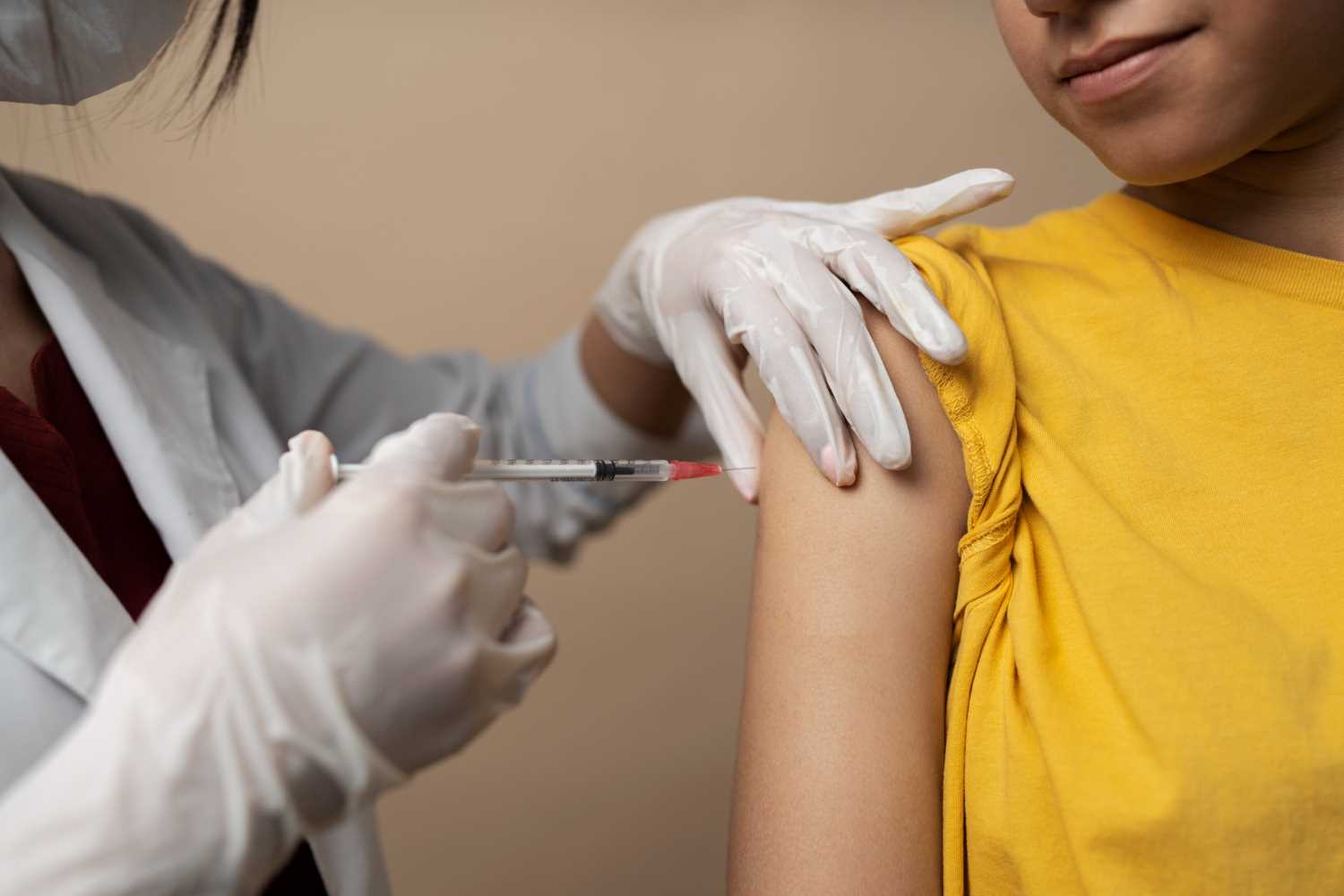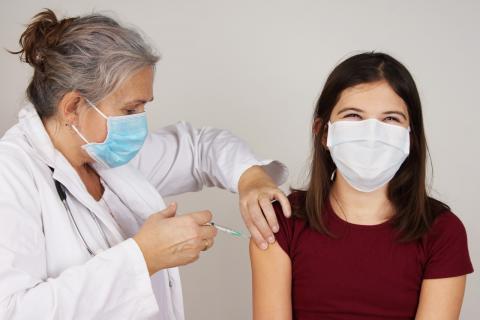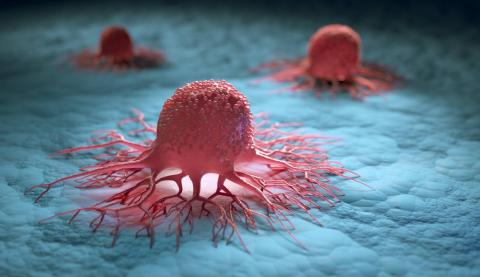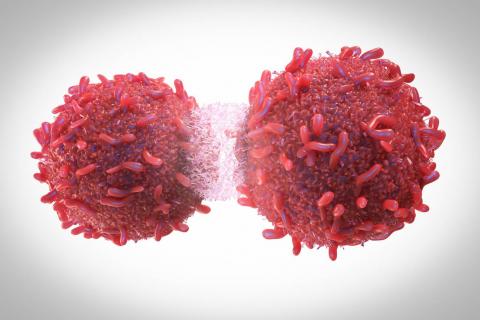Reaction to study examining effectiveness of papillomavirus vaccine in the United States
In the United States, the human papillomavirus vaccine began to be recommended in 2006 for girls aged 9-26 years. A study published in the journal JAMA Health Forum concludes that the campaign significantly reduced the risk of HPV infection in vaccinated women. In addition, herd immunity reduced the likelihood of infection in unvaccinated women.

Xavier Bosch - vacuna VPH Estados Unidos EN
Xavier Bosch
Emeritus researcher at the Catalan Institute of Oncology (ICO), senior researcher at the Bellvitge Biomedical Research Institute (IDIBELL) and lecturer in the Faculty of Health Sciences at the Universitat Oberta de Catalunya (UOC)
This is a population-based study of interest using appropriate methodology. It is very consistent with all the most recent analyses in Australia, Sweden and the UK, which confirm prevention of cervical cancer in vaccinated women, particularly when vaccination takes place before the age of 17.
The results are as expected and add information in the United States that will certainly be monitored in the future. It is reassuring because it confirms that these vaccines are universally effective, a fact that we had from phase III studies but that we are now accumulating under population-based public health conditions. It is a very interesting and satisfying study.
The authors are aware of the limits of these studies (for example, they recognise the potential for error in asking people about their HPV vaccination, rather than directly reviewing official records to confirm whether or not vaccination occurred). They do not over-interpret and is a good example of analysis using routine data that could be replicated in other countries.
Zahed Shahmoradi et al.
- Research article
- Peer reviewed
- Observational study
- People



